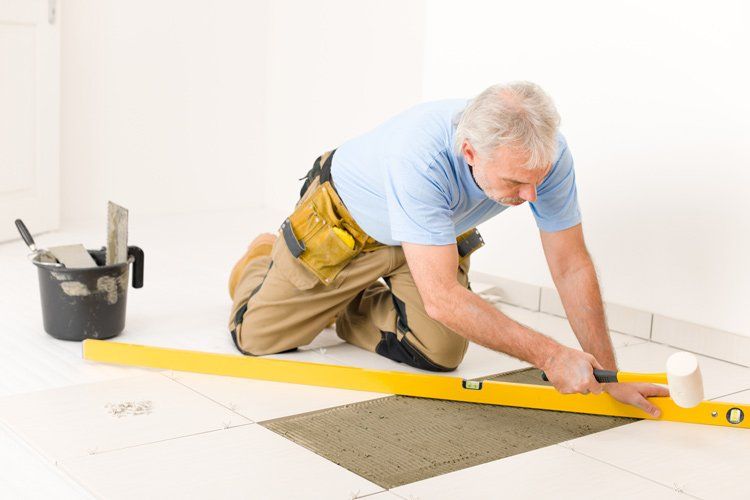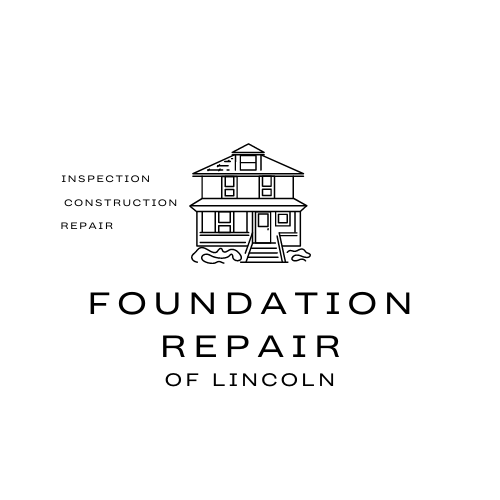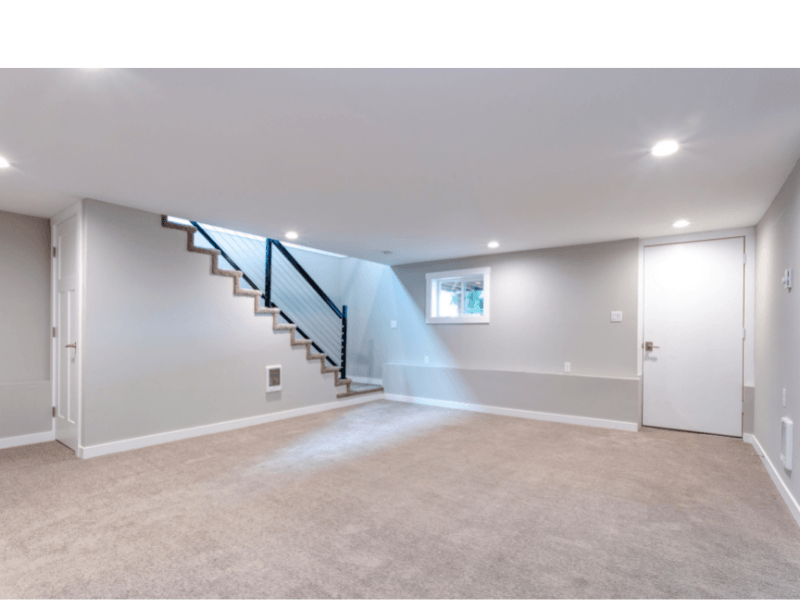What Water Can Do To Your Foundation
The Problem With Water Seepage
Unfortunately, it’s quite common for basements to be the first area of a home to have water damage. Because of this, we believe that all homeowners should be aware of all potential water-related problems. In many homes the basement provides a wonderful gathering place for families.
What Is Water Seepage?
Water seepage is when water moves from one place to another through small holes or porous materials. It’s often seen after heavy rainfalls. After rain, groundwater levels rise, and water in the soil creates hydrostatic pressure against your home’s foundation. This pressure is enough to force water into your home through the tiniest cracks in your basement’s floor and walls. In severe cases, water can also flow over the top of foundation walls.
Signs of Water Seepage
At times it’s not easy to spot water seepage. However, there are a number of signs you can look for. With excess moisture, you’re probably notice a deterioration of indoor air quality. This will be in the form of smelly musty humidity that was previously not present. Also you may come across noticeable cracks, bubbling, peeling, warped paint, or stains on your walls, all of which could indicate a moisture problem in your home’s foundation. You may also see rust on metal objects such as appliances that are in the basement. Although these are signs that indicate moisture-related issues, the most obvious and significant sign of foundation seepage is finding a pool of water on the basement floor.
Causes of Water Seepage
A number of factors can and will contribute to water seepage. A significant cause of water seepage is your home’s below ground window wells, While the manufacturers do design window wells to prevent water from flowing into your basement, window wells can easily collect water during significant rainstorms. The is especially true if the wells are not kept in good condition. If there is clogging, cracking, and improper installation, it may allow water from the soil to seep into the well, and preventing it from draining correctly. If the water fills up in your window wells, it will trickle around your basement’s windows. In order to prevent water seepage, homeowners should have professionals install window well covers or repair window well liners.
Another potential cause of water seepage is from your drain pipe system. Normally, a drain pipe collects water and diverts it from your living space through a sump pump system. However, if the drain pipe clogs with dirt, mud, and other contaminants, no water will be able to flow through it. Instead of being removed, this water will seep through your foundation’s walls, your basement’s floor, or the cove joint (the small opening where your foundation’s floor and walls meet). This is why it is ideal to have both interior and exterior drain systems.
Detrimental Effects of Water Seepage
The flow of excess water. If not treated will put your basement at risk for growing mold and mildew. Mold isn’t just a cosmetic problem—it can cause mild to significant dangers for your family’s health. Additionally, mold remediation isn’t an easy job; from carpet removal to drywall replacement, getting rid of mold is costly and time-consuming.
Also a danger, if the water trickles onto electrical wiring, it could create of short and start a fire. Excess moisture can damage your personal belongings and attract insects and rodents. To avoid these pests and to protect your valuables, make sure you check your basement after any significant rainstorms. Look for water damage and start taking steps to mitigate it the moment you discover it.
In the most extreme cases, water seepage can lead to serious structural issues, like the foundation sinking or settling, and ultimately, potentially collapsing. If wooden joists support your foundation, the water will cause the wood to rot. These will present the need for an expensive repair project.
How to Address Water Seepage
When you discover basement seepage, it’s crucial that you take action immediately. In almost all cases, you shouldn’t attempt to perform repairs on any leaks yourself—foundation and drywall problems are likely too big for you to tackle without help. Contact your local cement and foundation professionals. They can help you avoid costly repairs that results from homeowner repair mistakes. Need foundation repair in Lincoln, Omaha or surrounding areas? Lincoln Foundation Repair’s certified technicians will thoroughly examine your home to determine how water entered your basement. We’ll then use the latest techniques and technology to permanently resolve the moisture issues you are experiencing. Our solutions, technology and technicians will ensure you don’t experience seepage problems in the future.
Ready to work with Foundation Repair of Lincoln?
Let's connect! We’re here to help.
Send us a message and we’ll be in touch.
Or give us a call today at 402-261-9636
Agency Contact Form
More Marketing Tips, Tricks & Tools





